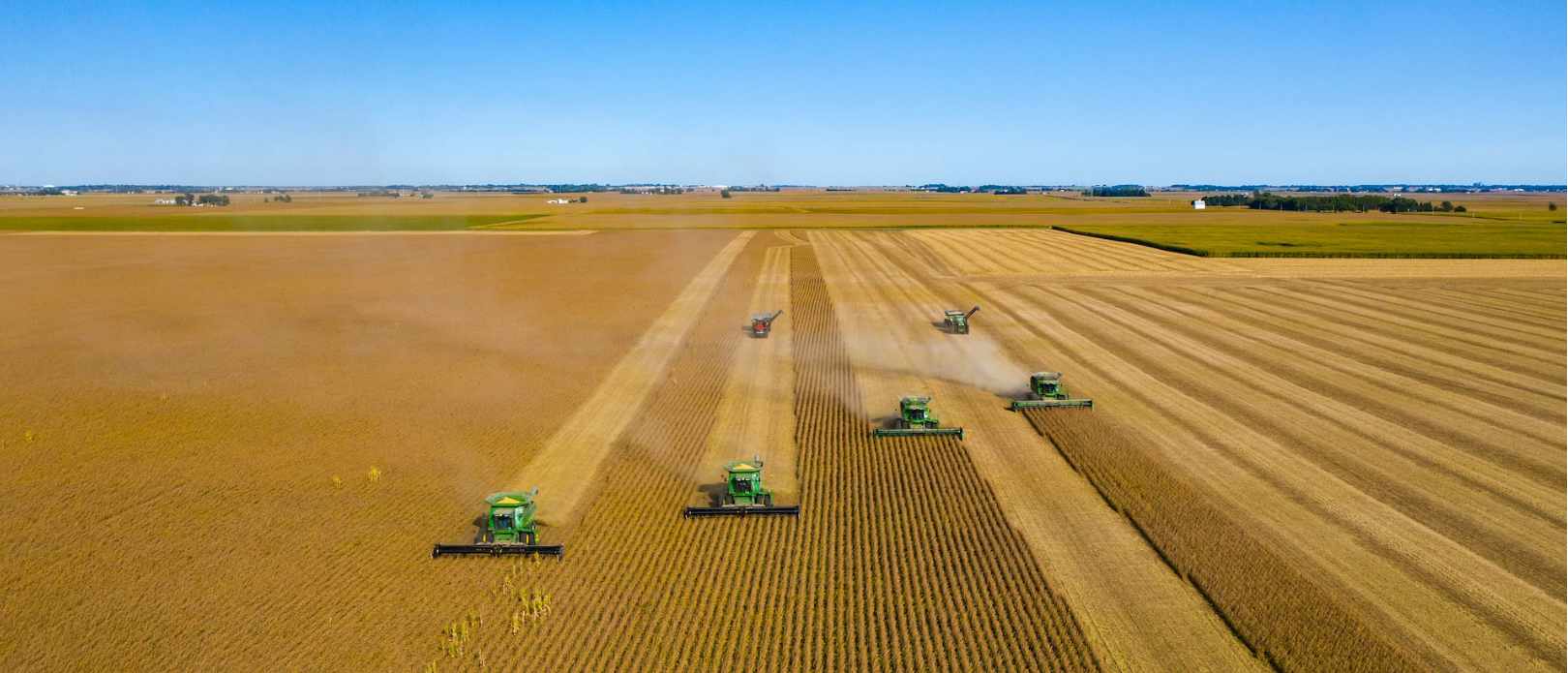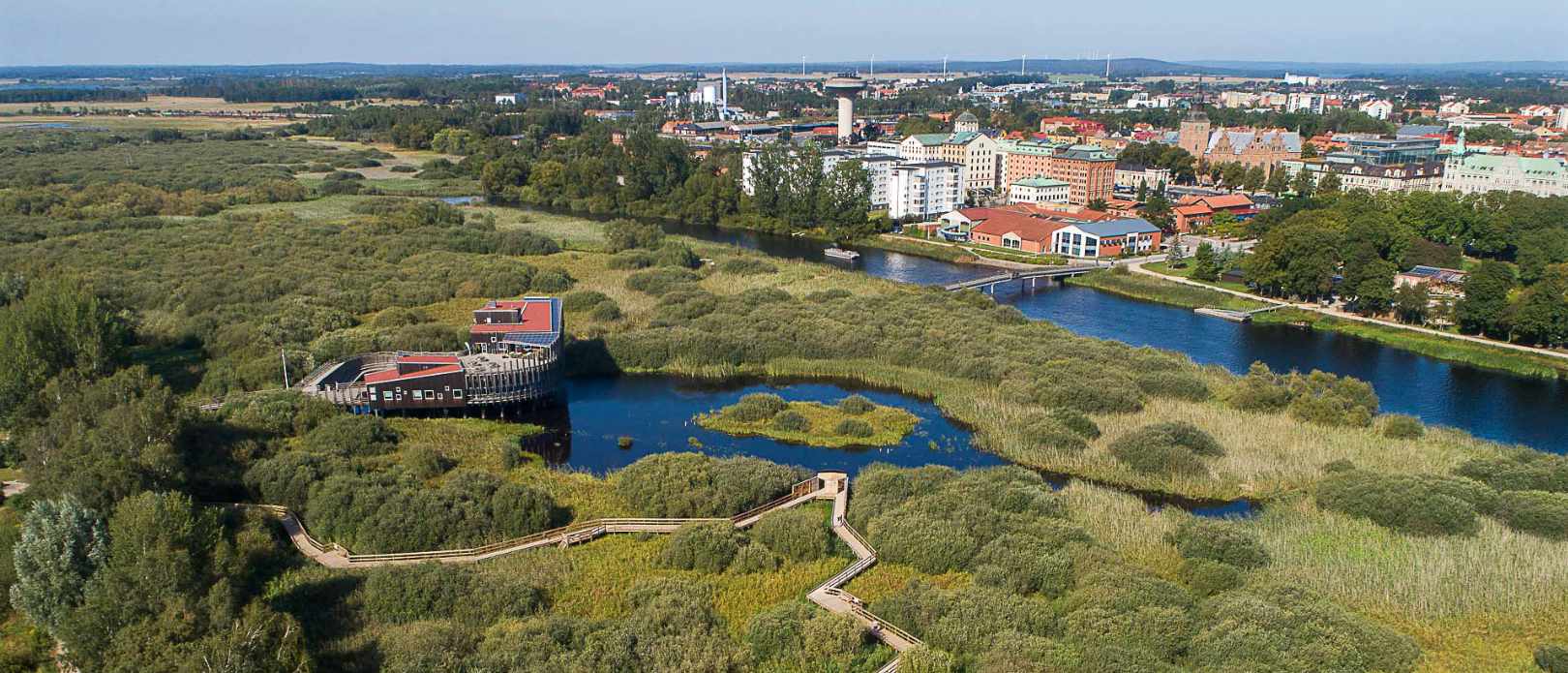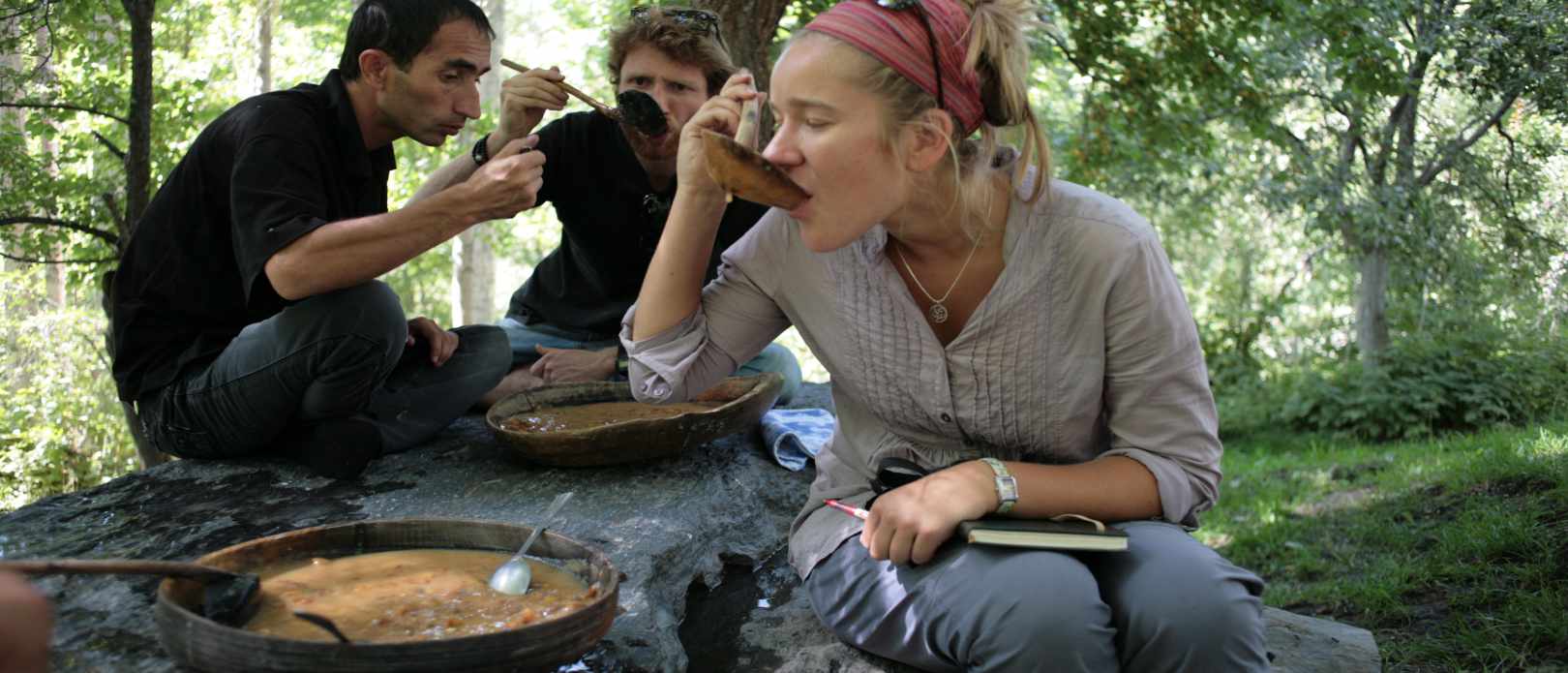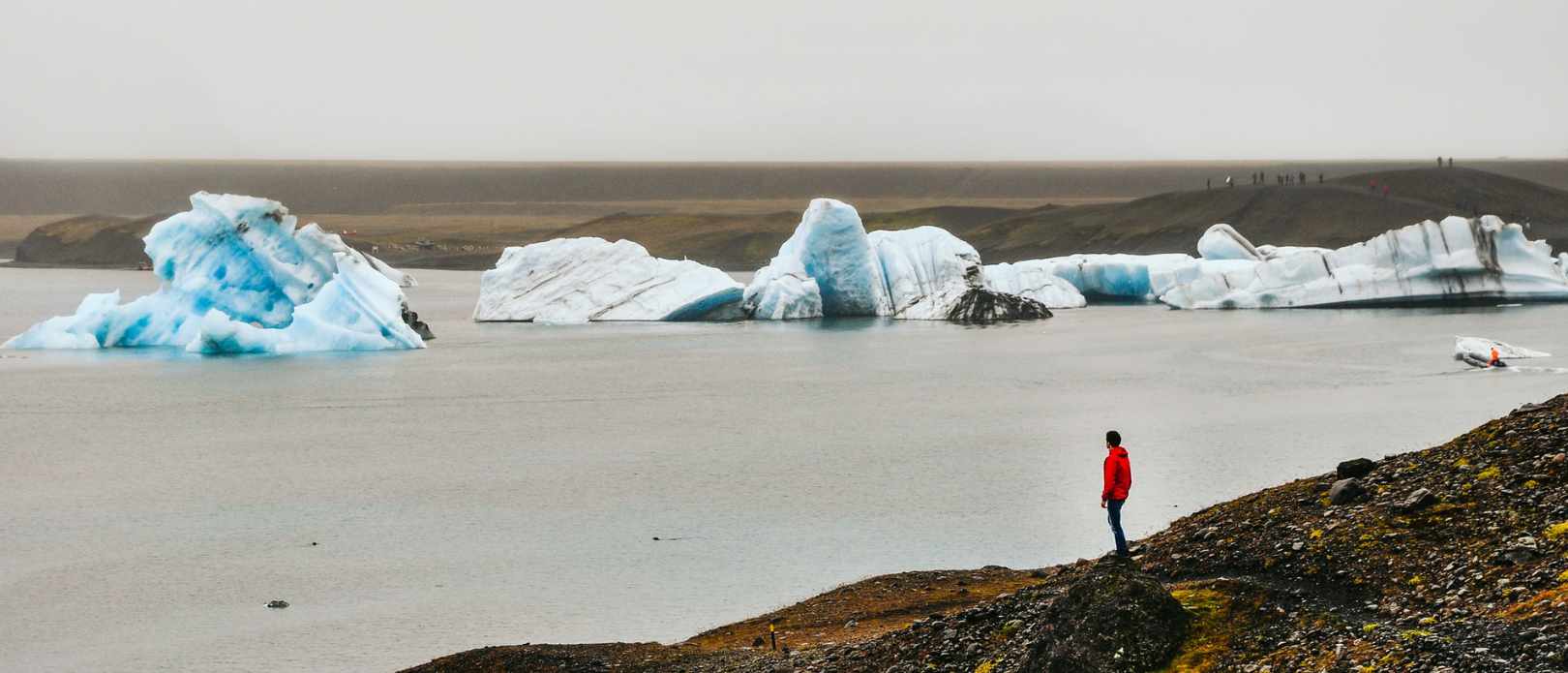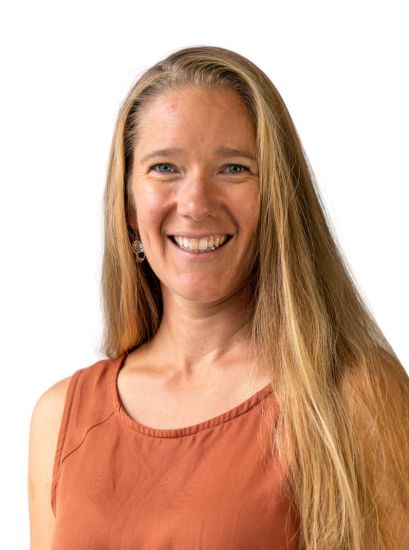
- Biocultural diversity
- Poverty traps
- Food
- Development
- Agricultural Biodiversity
- Mountain social-ecological systems
- Resilience
Jamila Haider studies how development interventions can improve human well-being in food systems without eroding biological and cultural diversity
Haider is a researcher studying resilience and development. Her research looks specifically at development as a process of coevolution where ecosystems and people are deeply intertwined.
She is one of the leaders for the research theme on resilience and sustainable development.
Her PhD thesis (2017) explored how efforts to alleviate poverty can better account for coevolving relationships between people and nature. Persistent poverty is often conceptualised as a poverty trap, a concept which has thus far failed to incorporate interdependencies between human well-being, nature and culture. As such, interventions to alleviate poverty are often ineffective or may even exacerbate poverty – especially in areas with rich biological and cultural (biocultural) diversity. Drawing upon multiple approaches, Jamila’s PhD thesis advances new conceptualisations of development that more explicitly incorporate social and ecological interdependencies, and offers a new lens for examining the implications of development interventions. Jamila’s work also underscores the need to improve how we navigate tensions among the various contrasting epistemologies and methodologies that together are needed for delivering a rigorous sustainability science.
Further interests include: assessing resilience, stewardship, integrating knowledge systems, early-career journeys in sustainability science, and gardening.
Prior to her PhD at the Stockholm Resilience Centre, Haider completed her Master’s degree at the University of Cambridge. Her thesis used Elinor Ostrom’s Social-Ecological Systems framework to assess institutional governance of Joint Forestry Management in Tajikistan. Jamila has Bachelor degrees in Biology and Political Science (Development Studies focus) from Carleton University, where her Honour’s thesis focused on Community Based Natural Resource Management in South-East Madagascar.
Haider worked from 2009-2011 as an International Development practitioner with the Aga Khan Foundation in Tajikistan and Afghanistan.
Haider is a member of:
- International Network of Resource Information Centers also known as the ‘Balaton Group’ is a global group generating new research, action and solutions for sustainability:
- From 2012-2017: Board of Directors of the Balaton Group
- Social Ecological Systems Scholars is an open group of early career researchers sharing experiences and research on issues of sustainability science
- SES-LINK is a project at SRC which looks at the nature of social-ecological linkages and their implication for the resilience of human-environment systems
- ‘Agricultural Biodiversity Community’
- Steering committee 2013/2014
- ‘Mountain Sentinels’ Research Group is an international research coordination network composed of teams of mountain scientists and stakeholder engaged in knowledge co-creation and practice
Haider is also a author of book, “With Our Own Hands: A celebration of food and life in the Pamir Mountains of Afghanistan and Tajikistan,” which was featured by different media sources, including BBC.
